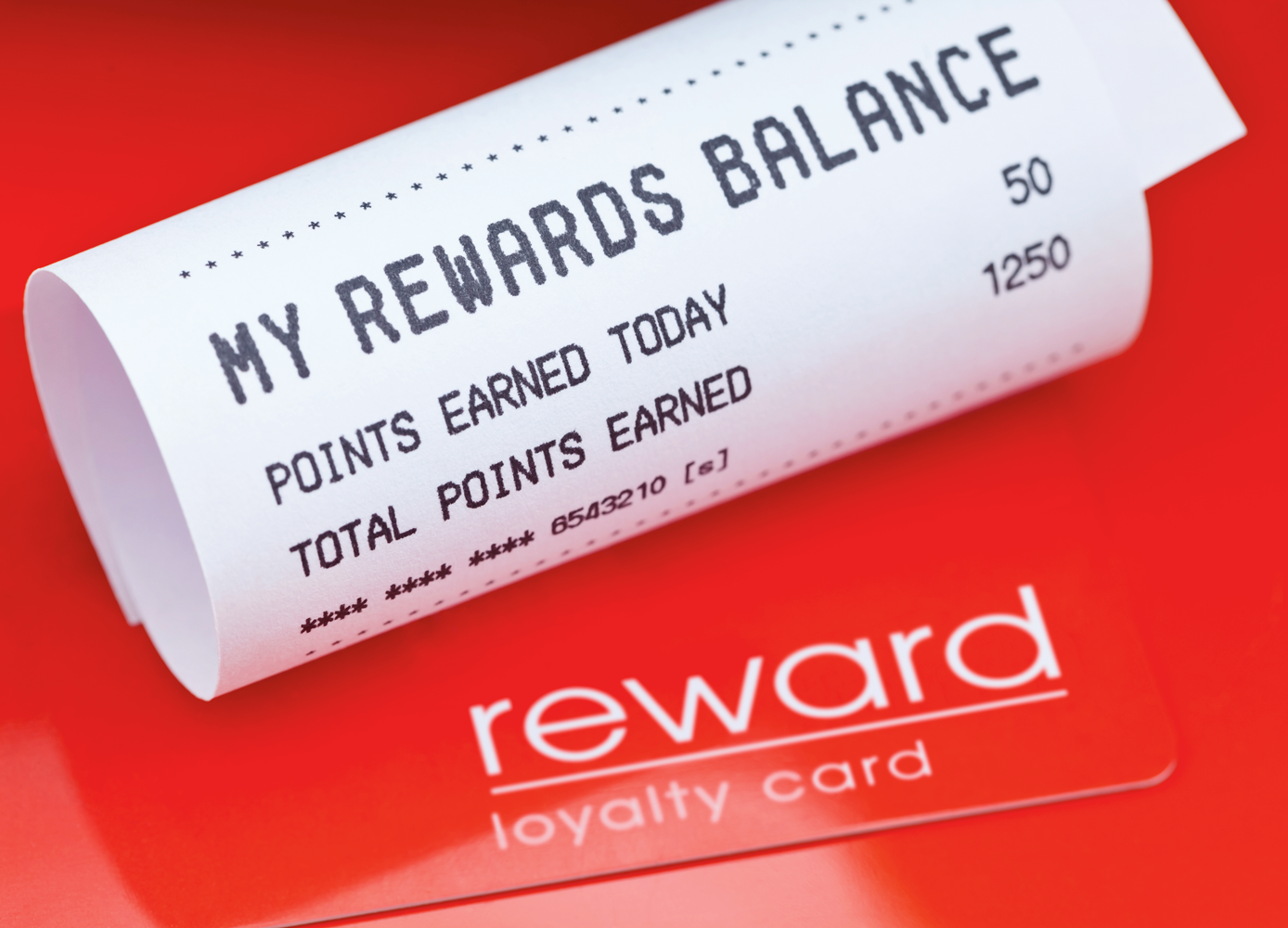E-mail and telemarketing scams top the list of fraud attempts, but Canadians have become more vigilant
By Caitlin Finlay
Almost three-quarters of Canadians say someone tried to scam them in 2020, according to survey results released in February. The good news is that 62% of those polled said that they do more today than they did five years ago to foil fraudsters.
A survey conducted in January 2021 by the Chartered Professional Accountants Canada (CPA Canada) found that 73% of Canadians said they’d received fraudulent requests and 33% have actually been the victim of a fraud. The most common methods used to target potential victims were e-mail (44%) and telemarketing (33%).
However, the CPA’s annual fraud study also revealed that 82% of Canadians now check their banking and credit-card statements every month for irregularities such as missing funds and purchases they didn’t make. And a majority of Canadians say they never answer phone calls from numbers they don’t recognize (57%) or reply to texts from unknown senders (81%).
Nevertheless, according to the Canadian Anti-Fraud Centre, Canadians lost $107.5 million to fraud in 2020 and another $34.6 million in just the first two months of 2021.
“Fraud remains an imminent threat to Canadians, particularly as the pandemic persists,” Doretta Thompson of CPA Canada said in a release. “Canadians must exercise due diligence when protecting their personal information, keeping their eyes and ears open, and remaining up-to-date on the latest threats.”
Less encouraging findings included the fact that 36% of Canadians don’t read the fine print on websites requiring financial information. About a third (34%) don’t know their credit score, and only 31% reported requesting a credit report at least once a year to check for fraudulent activity.
When it comes to password security, half of respondents (51%) said they chose to memorize passwords, 19% allow devices to automatically store their passwords, and 26% write them down. While writing passwords down is an easy way to remember them and is helpful should your next of kin require access to your accounts, it’s important to keep this password list in a secure place to prevent it ending up in the wrong hands. And when disposing of sensitive documents, shredding them is the safe option—according to the survey, 75% of Canadians report using a shredder. Sensitive documents include those with information such as names, addresses, birth dates, passwords, and account numbers.
The CPA’s online survey of Canadians’ habits in 2020 was conducted by Nielson between January 19 to 29, 2021, and involved 2,014 randomly selected Canadians 18 or older.
Photo: iStock/NicoElNino.






